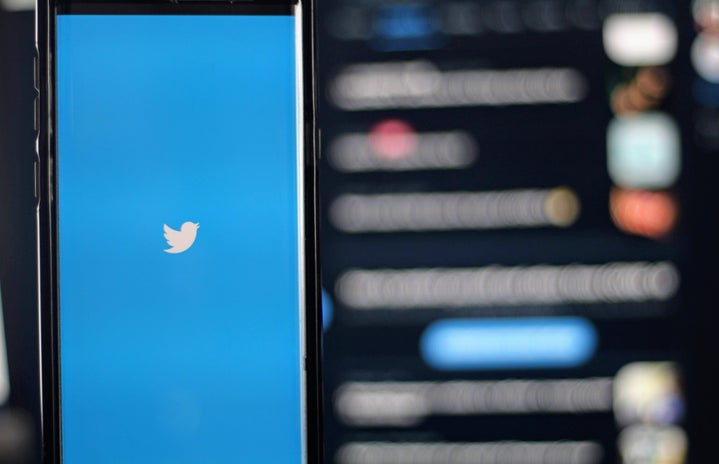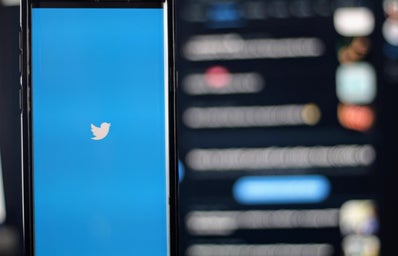Almost three months after the electrifying World Cup, people are starting to question the extent to which social media has become a safe haven for trolls wishing to unleash racial abuse on players. This is not to say racism has not always been prevalent on the football pitch- indeed, it has but whether as before, players could leave the abuse behind as soon as they got home, today’s players have no escape. Racist trolls can infiltrate the comment sections of players and spam messages of abuse in a matter of seconds thanks to the limited filters platforms have in order to enable free speech. Certainly, it does beg the question, are social media platforms simply just enabling a new sector of racial discourse on the football field? Without social media, would there still be racial abuse in the form of hooliganism like in the 1970s and 80s?
As previously mentioned, racism is not a new concept in football. Who could forget the aftermath of the 2020 Euro where three young, black players were singled out and blamed for missing penalty kicks which could have resulted in England becoming European Champions for the first time? Within minutes, trolls had flooded the comment sections of Bukayo Saka, Marcus Rashford and Jadon Sancho’s social media with racist imagery and slurs. Additionally, Rashford, a player commended for his activism and work with underprivileged children, saw his mural destroyed by vandals in Manchester. Their white teammates, who were just as responsible for the failure of the match, faced little abuse in comparison, despite the fact that they had more experience and composure making them better suited to take these vital kicks. Similarly, in Qatar, despite being possibly the most thrilling 90+ minutes of football in recent times (Messi finally achieving World Cup glory, Mbappe completing a hattrick to keep France’s dreams alive, an exciting penalty shoot-out……,) social media became a breeding ground for racist trolling. Like their England contemporaries, the young, black French players who missed their penalties were vilified and scapegoated by trolls for ending their country’s hope for double glory.
Social media was also central to the relentless discussions over the French national team’s heritage. France, a team that is a clear reflection of the melting pot of immigrants in French society, became a trending topic on social media sites such as Twitter with trolls choosing to focus on the colour of the player’s skin rather than the country they represent. This was most prominent in the wake of their defeat where trolls blamed ‘Africa,’ an ode to the large percentage of players on the team descendant from African immigrants, rather than France, the country from which they were born and bred. Instead of celebrating the fact that a team of such diverse ethnicities was able to get to the final of such a prestigious competition, right-wing trolls chose to label race as a decisive issue in the result of the game. Many players within the French team have also questioned why they are only seen as French when they are successful and as an outsider when they are not, something which points to the wider issue of identity and belonging within society, not just on social media. In actuality, it can be suggested that social media has simply just amplified the need for a more open discourse between players, trolls and even the government over why issues of belonging and identity are still plagiarizing society in this modern age.
The creation of social media has been beneficial in many ways. For one, it enables us as consumers to connect with our friends and family all around the globe, no matter what the time or place. Additionally, it has allowed us to stay up to date with the habits of our favourite celebrities, show them support and perhaps, most importantly, has provided a space for us to learn and educate ourselves on issues in order to create a more liberal and positive society. Social media has provided a voice to those who have been previously been shut out. Yet, the downside is that it has also provided a safe space and amplified the voices of racist trolls that did not exist in the earlier years of the game. In short, it is clear that the creation of social media has added a new dimension to racial discourse in the world of football. The current measures in place on sites are clearly not working in regards to eliminating racial trolling in this day and age and thus, something must be done to change this.


